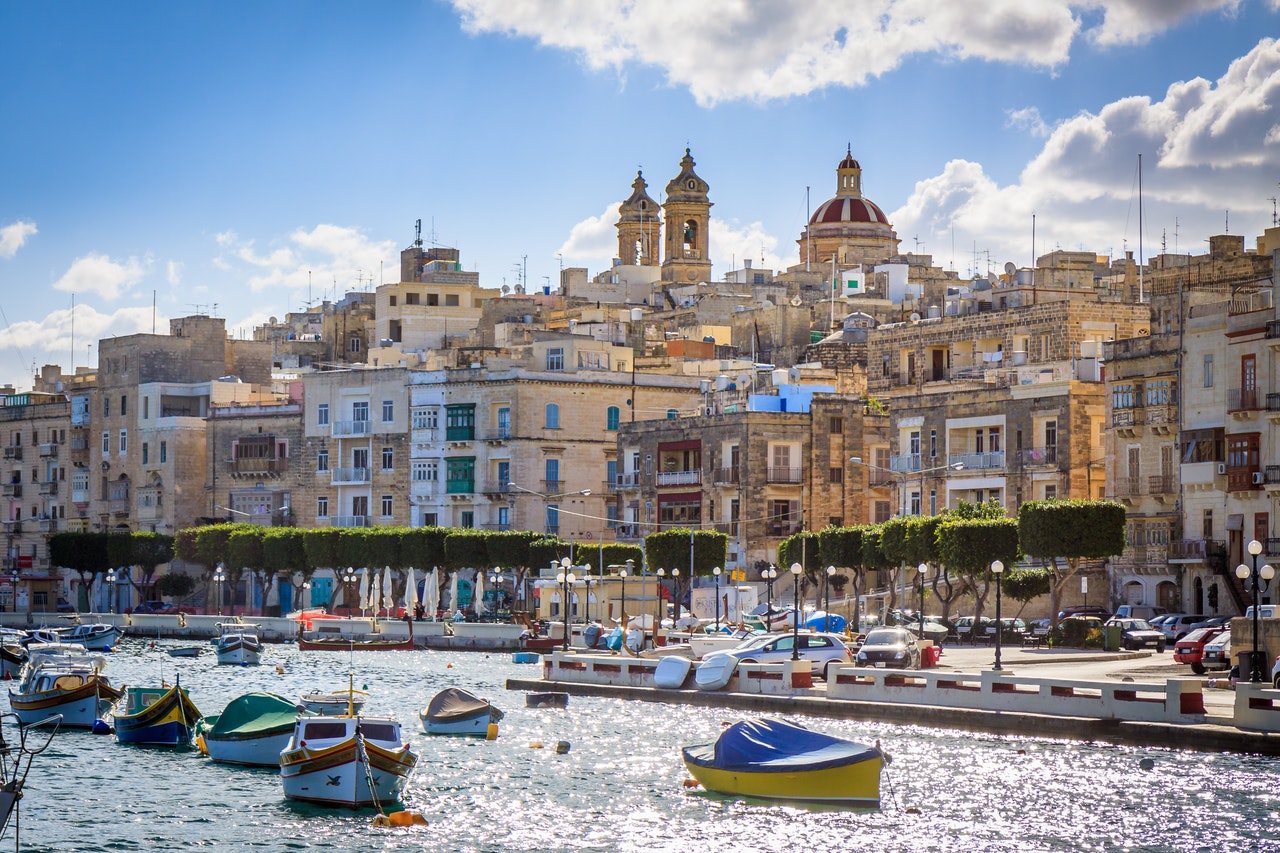Malta Bankers’ Association (MBA) has come out in support of further measures to assist banks in reducing the impact of a potential rise in non-performing loans.
In comments to BusinessNow.mt, the Association’s Secretary-General Karol Gabarretta said these measures could prove “more far-reaching” in creating positive outcomes for local banks than some other proposals.
Mr Gabarretta was speaking in light of revelations that the European Central Bank (ECB) was considering giving banks more time to rebuild capital after the pandemic.
The ECB and other authorities have given banks unprecedented regulatory relief, to allow them to continue lending to companies hurt by COVID difficulties. By doing so, it has allowed banks to operate at lower capital levels than they would usually.
Andrea Enria, chair of the ECB’s supervisory board revealed last Tuesday that “in the coming months [the bank] will closely watch developments and stand ready to postpone the timeline to rebuild buffers if doing so would help banks to quickly process the expected increase in non-performing loans”.
Asked whether the MBA has advocated for this issue, Mr Gabarretta told BusinessNow.mt that it had not, but it nonetheless “welcomes any measures taken by the ECB in its central role within the Single Supervisory Mechanism together with any other measures adopted by the local competent and authorities”.
However, he says this particular measure “may not necessarily have the expected beneficial impact on Maltese banks”, because “it does not appear to date that the capital buffers of local banks have been significantly diminished”.
Rather, as reported by the Central Bank of Malta, “prior to the pandemic, overall bank liquidity was ample, and this continued to rise given that savings continued to increase during the pandemic”.
Malta’s most structurally important bank, BOV’s, most recent Pillar 3 disclosure from June 2020 showed the bank had indeed increased its liquidity buffer, from a ratio of of 467.4 per cent in March, to 489.9 per cent in June.
According to the report, BOV is required to maintain a nine per cent capital buffer.
Instead of an extension of the buffer relaxation then, Mr Gabarretta called for further measures to combat the threat of an increase in non-performing loans (NPLs).
Indeed, addressing a renewed build-up of NPLs on bank’s balance sheets as early as possible was a key lesson from the last economic crash, according to a European Commission research paper published in December.
At the time, the paper reported that the gross NPL ratio for all EU banks experienced its first year-on-year uptick since 2014 in 2020, though this uptick was slight. According to the report, the gross value of NPLs for all banks in the EU stands at €588 billion.
The paper, “tackling non-performing loans in the aftermath of the COVID-19 pandemic”, acknowledges that loan payment deferrals (moratoria) have helped prevent a rise in NPLs by helping borrowers with temporary liquidity problems.
Malta’s loan moratorium was extended in January, to cover up to nine months, and companies’ reliance on this scheme seems to be on the decline. The Central Bank in February indicated that the number of loans subject to a moratorium were on a downward trend, declining for four consecutive times since March 2020.
Government introduces mandatory physical inspection for vintage vehicle classification
From 1st September 2025, vehicles seeking vintage status must undergo a physical inspection by the official classification committee
Local filmmakers paid just €250 to screen at Mediterrane Film
The figure stands in stark contrast to the estimated €5 million total spend
Malta International Airport closes in on one million passengers in June
Meanwhile, aircraft traffic movement rose by 4.5 per cent year on year






